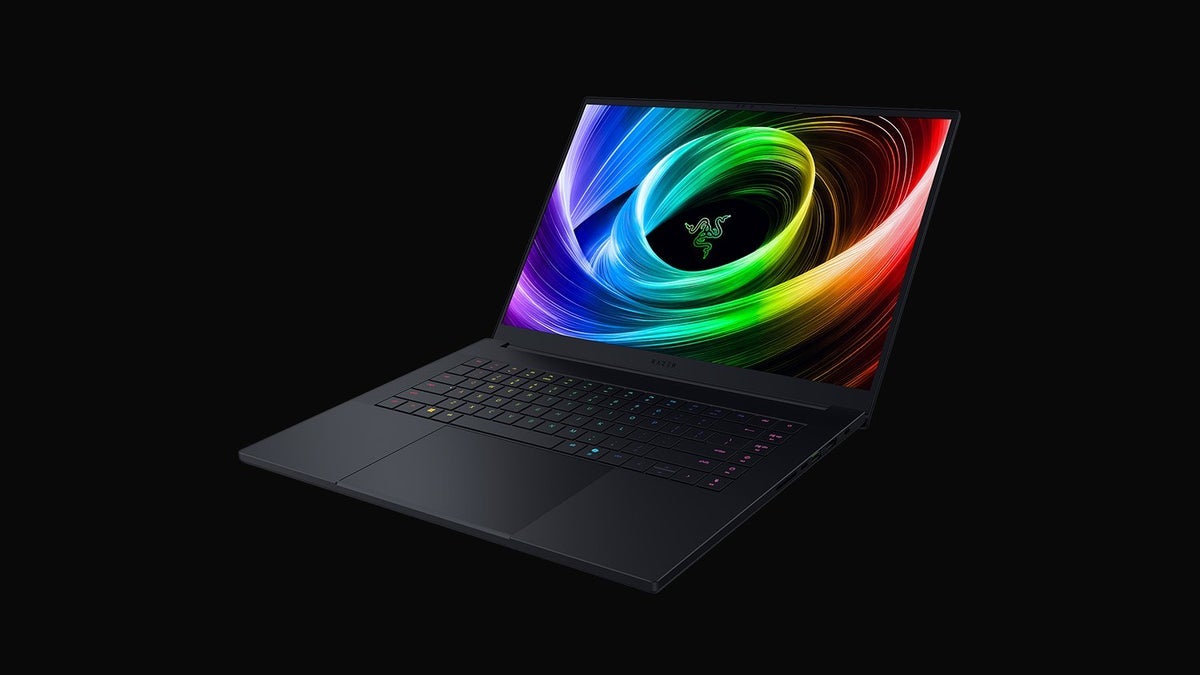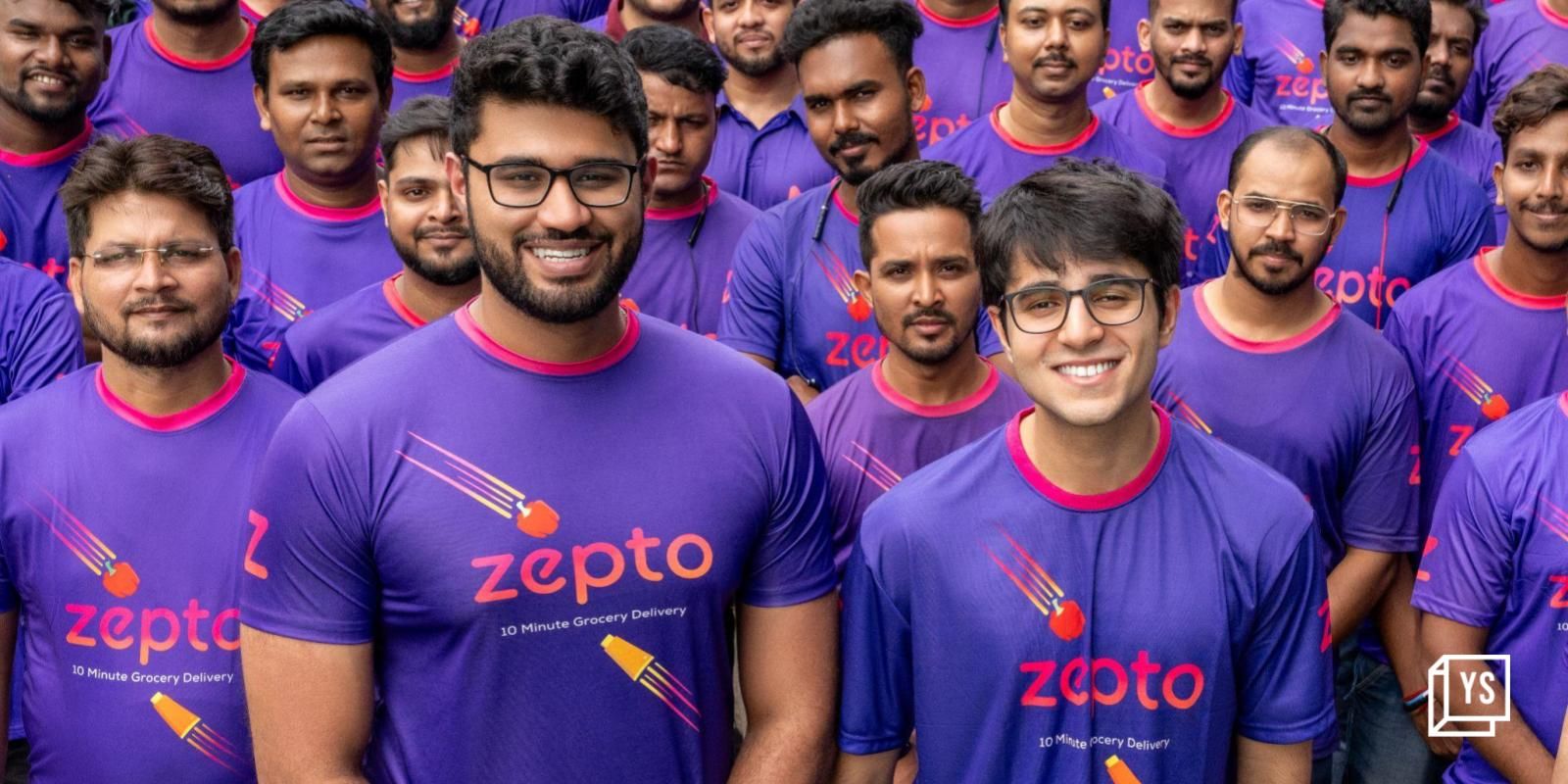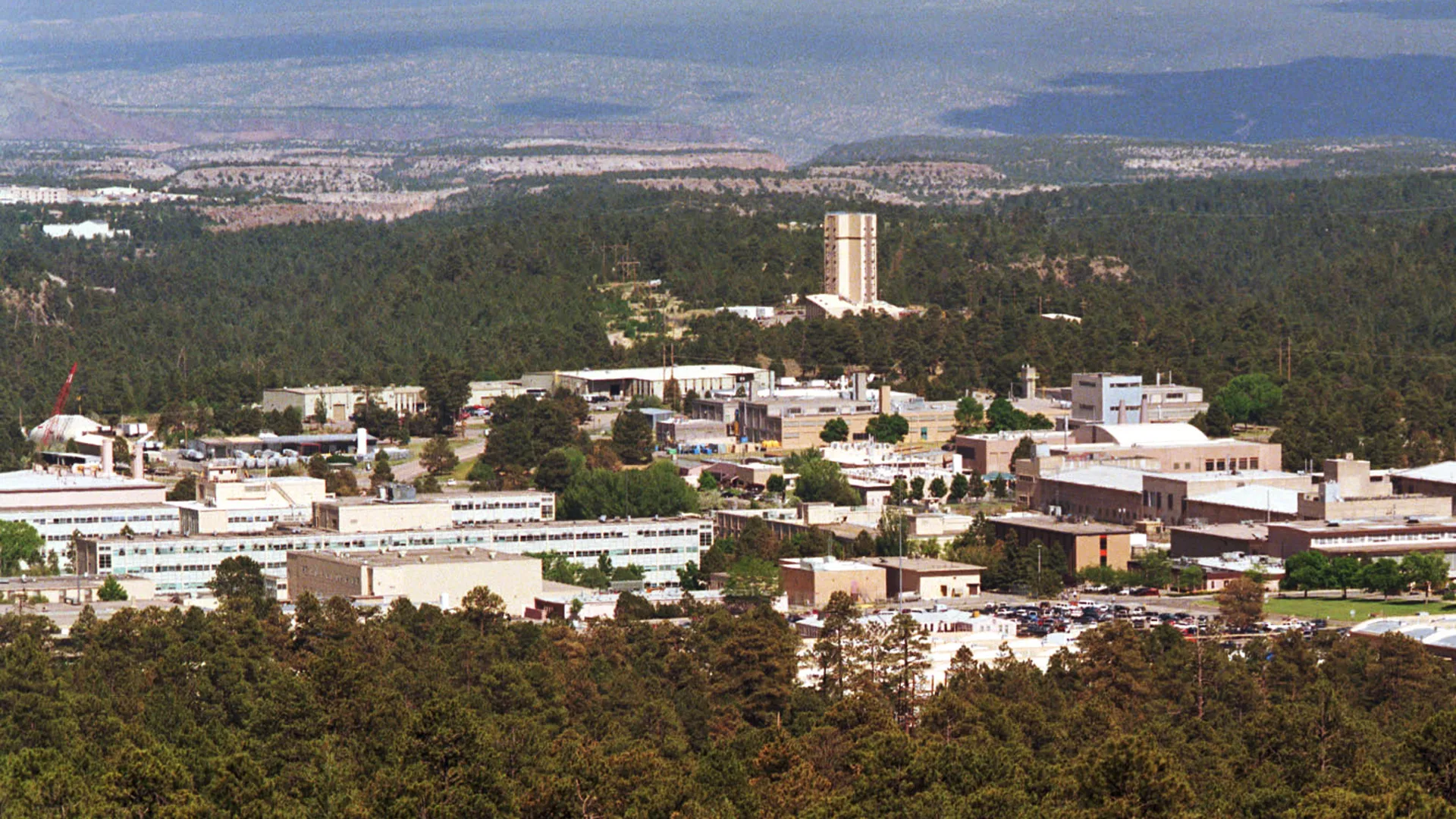Portal Space Systems raises $17.5M for orbital spacecraft powered by solar heating
Bothell, Wash.-based Portal Space Systems says it has raised $17.5 million in seed funding to accelerate the development of its Supernova space vehicle, which aims to harness the heat of the sun to power rapid-response maneuvers in orbit. The oversubscribed investment round was led by AlleyCorp, with participation from Mach33, FUSE, First In, TFX, Offline Ventures. Atypical and other strategic investors. Portal said the funding will support the first full-scale demonstration of Supernova, with launch scheduled for mid-2026. “Our vision is to provide next-gen spacecraft that today’s space operations demand and our nation deserves,” Portal CEO Jeff Thornburg said today… Read More


Bothell, Wash.-based Portal Space Systems says it has raised $17.5 million in seed funding to accelerate the development of its Supernova space vehicle, which aims to harness the heat of the sun to power rapid-response maneuvers in orbit.
The oversubscribed investment round was led by AlleyCorp, with participation from Mach33, FUSE, First In, TFX, Offline Ventures. Atypical and other strategic investors. Portal said the funding will support the first full-scale demonstration of Supernova, with launch scheduled for mid-2026.
“Our vision is to provide next-gen spacecraft that today’s space operations demand and our nation deserves,” Portal CEO Jeff Thornburg said today in a news release. “This funding is a testament to the increasing recognition that maneuverability at will is the critical need in both defense and commercial space operations.”
Supernova will make use of a solar thermal propulsion system, with large, lightweight reflectors that focus the sun’s rays on a heat exchanger. When an ammonia-based propellant passes through the heat exchanger, it rapidly builds up pressure and produces thrust.
Thornburg said Supernova can “deliver the performance of nuclear thermal propulsion without the burden of launching a reactor.” The system is designed to push Supernova and its payloads from, say, low Earth orbit to a geostationary orbit in a matter of hours. In contrast, it might take a traditional space propulsion system weeks or months to execute a similar set of maneuvers, according to Portal.
Brannon Jones, a former SpaceX engineer who is now an investor at AlleyCorp, said Portal is “introducing a new paradigm of space operations.”
“We were particularly impressed by their Supernova spacecraft, which will improve maneuverability in space by over an order of magnitude, while also significantly extending operational lifespans by enabling a more sustained presence in space,” Jones said.
Mach33 is one of Portal’s early investors. “Jeff’s track record pioneering propulsion at SpaceX, Stratolaunch and [Amazon’s Project] Kuiper gave us early confidence in Portal,” said Aaron Burnett, Mach33 Financial Group’s CEO. “But the team’s rapid transformation of technical breakthroughs into staggering customer demand sealed our decision to double down this round.”
The funding round announced today adds to $2.6 million in pre-seed funding, plus $5.5 million in small-business research grants. Last summer, Portal won a commitment for $45 million in public-private support through SpaceWERX’s STRATFI program. Since then, Portal has opened an 8,000-square-foot headquarters and development lab in Bothell and is now looking at sites for a manufacturing facility
The development plan for Supernova calls for a critical design review and testing of the system’s 3D-printed heat-exchanger thruster in the next few months. System integration would begin by the end of this year, leading up to next year’s launch on a rocket yet to be named.
Supernova is meant to address a need for rapid maneuverability in orbit as an increasing number of satellites complicate space traffic management — and as the U.S. military is becoming increasingly concerned about the potential for threatening orbital maneuvers orchestrated by China and Russia.

















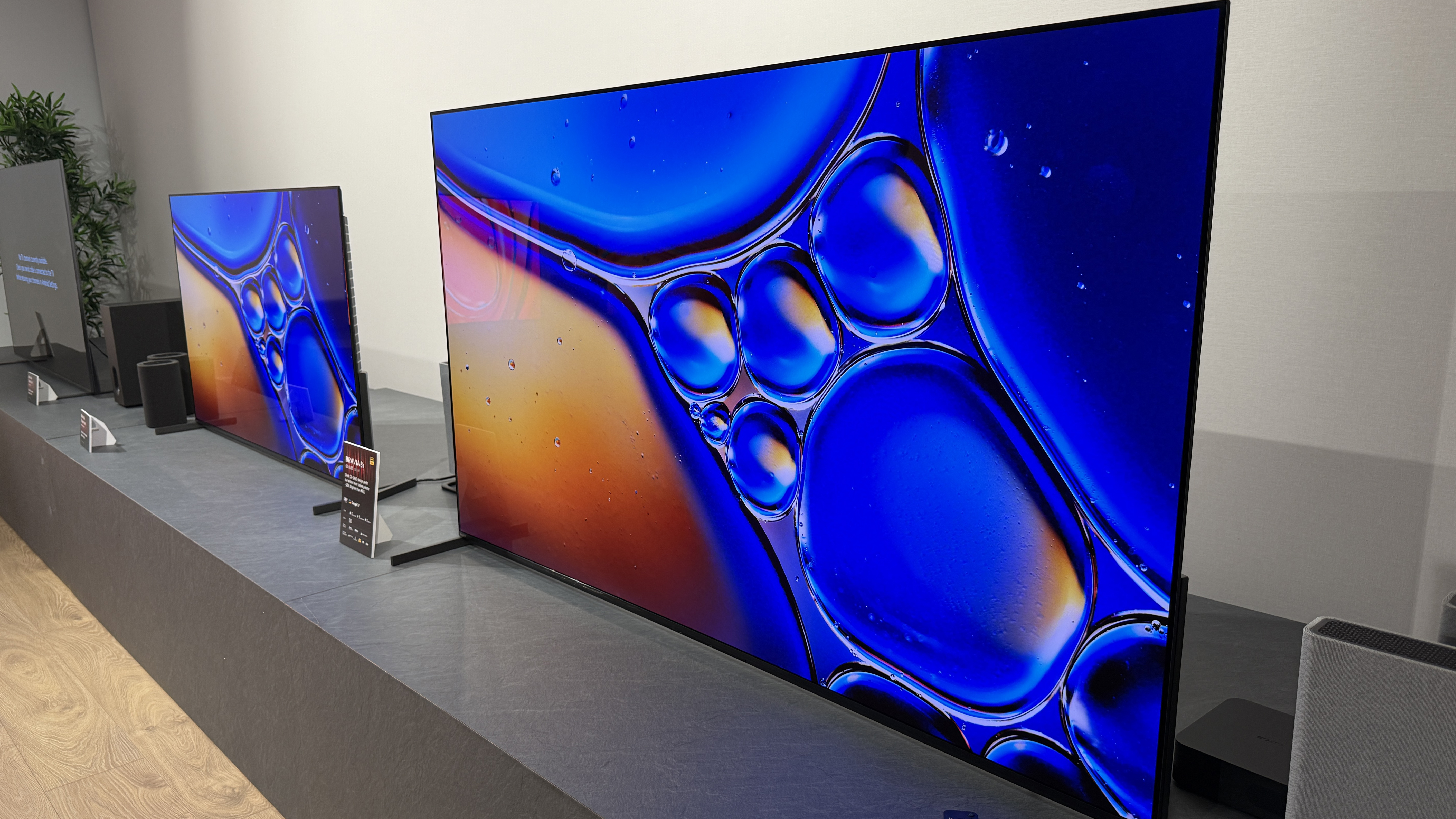
























































































































































![[The AI Show Episode 142]: ChatGPT’s New Image Generator, Studio Ghibli Craze and Backlash, Gemini 2.5, OpenAI Academy, 4o Updates, Vibe Marketing & xAI Acquires X](https://www.marketingaiinstitute.com/hubfs/ep%20142%20cover.png)































































































































































































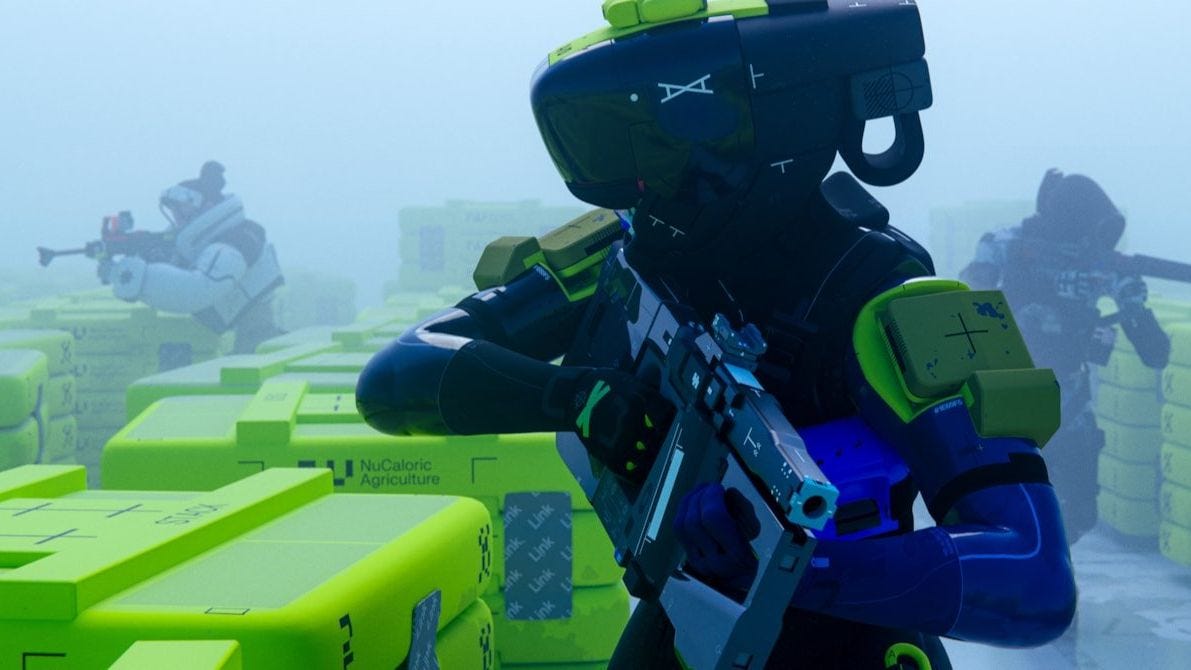














































.jpg?#)







































































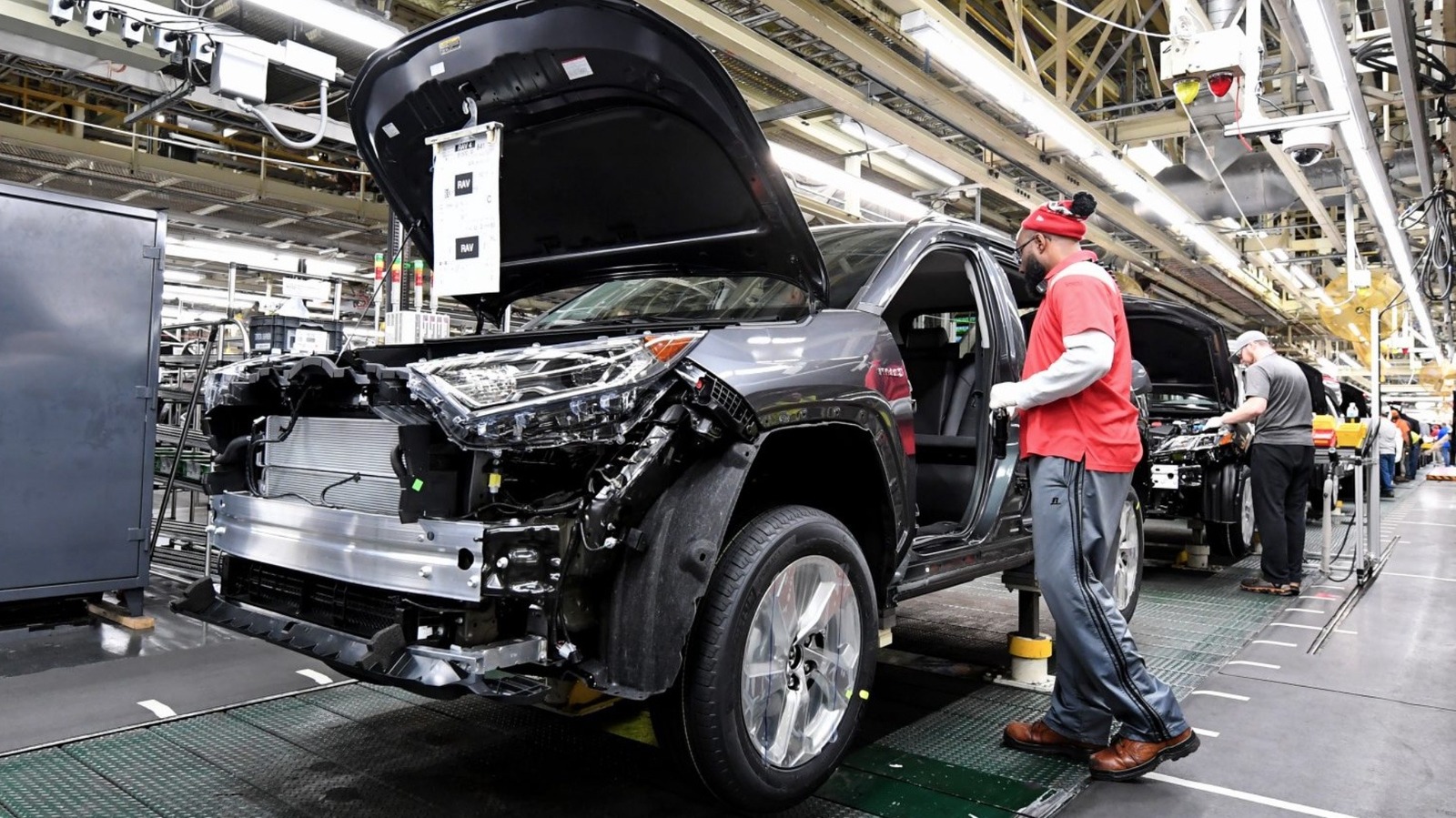



































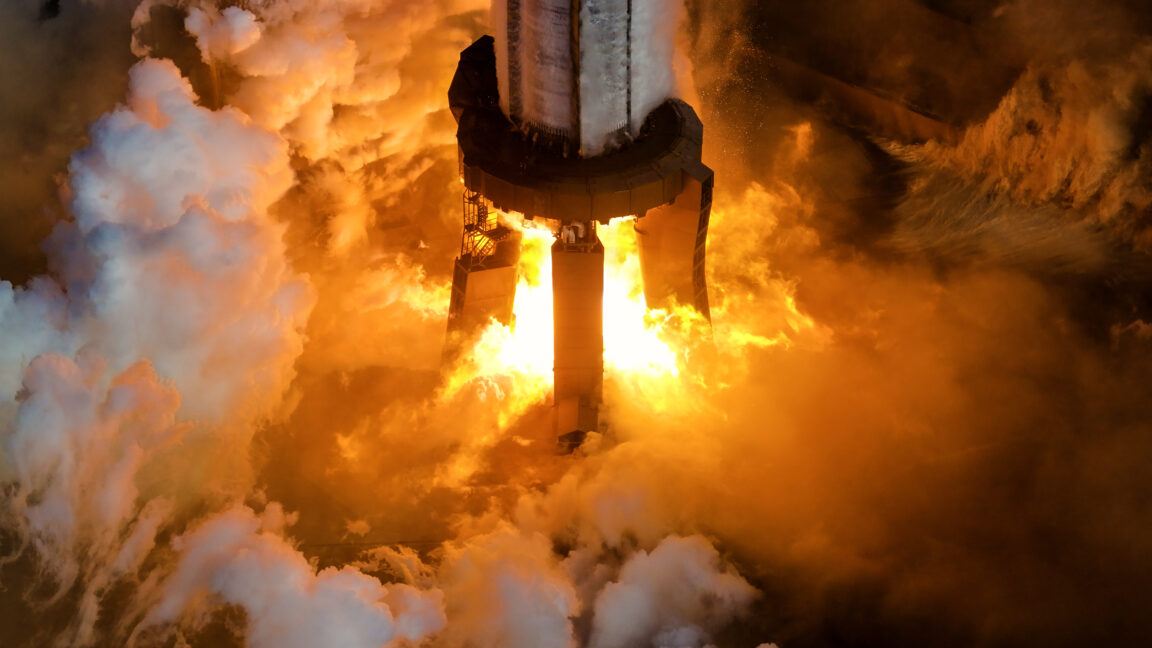





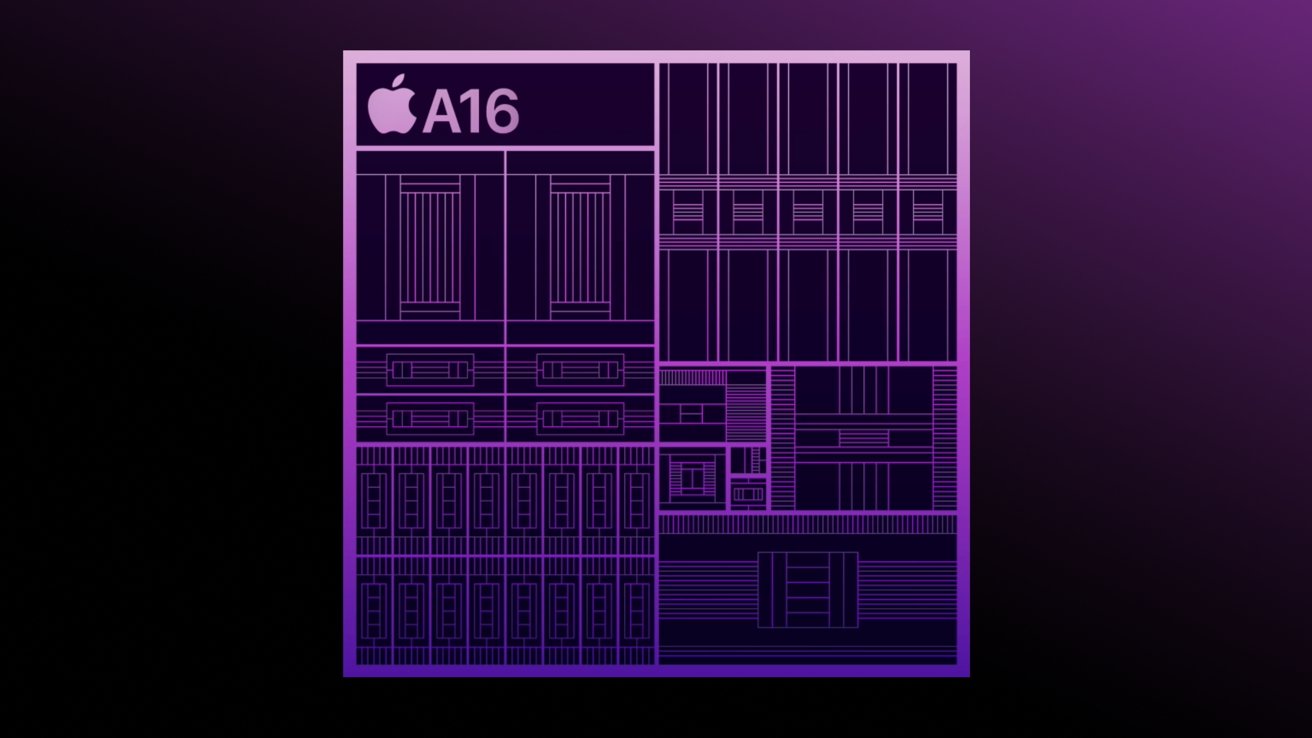
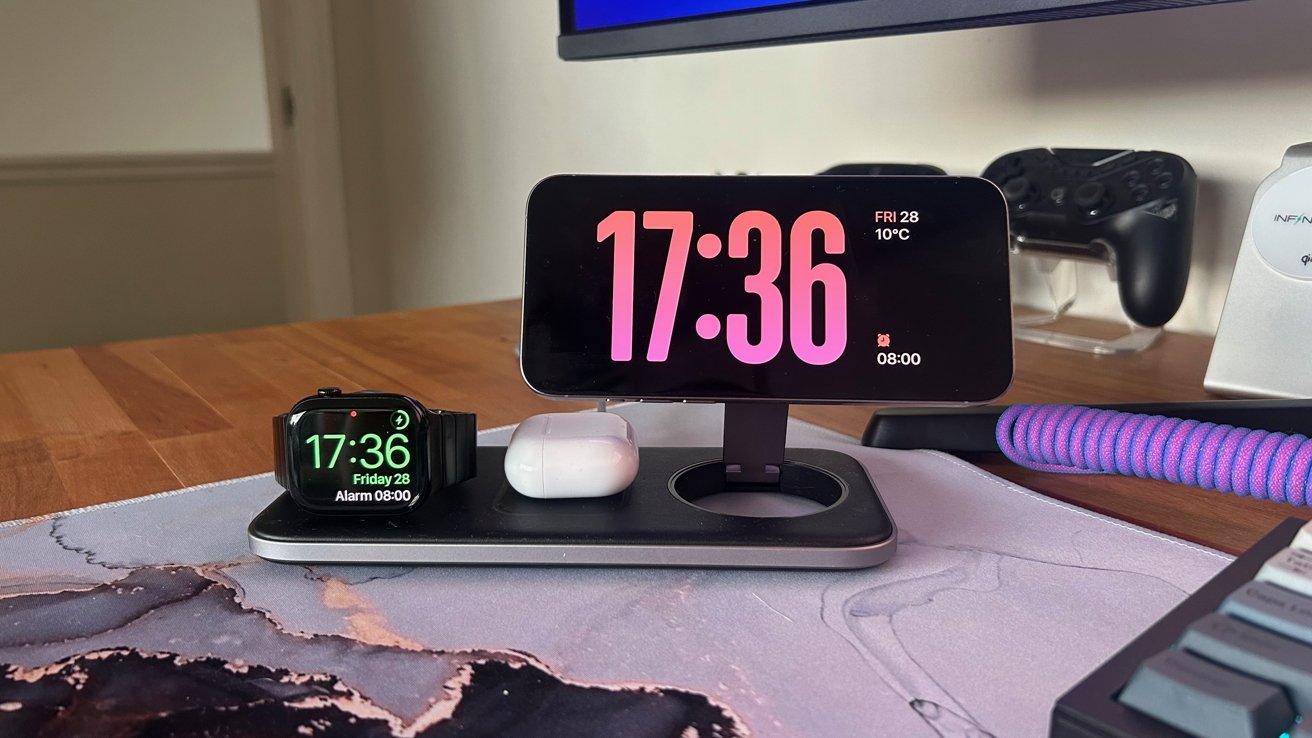




























![YouTube Announces New Creation Tools for Shorts [Video]](https://www.iclarified.com/images/news/96923/96923/96923-640.jpg)

![Apple Faces New Tariffs but Has Options to Soften the Blow [Kuo]](https://www.iclarified.com/images/news/96921/96921/96921-640.jpg)















































